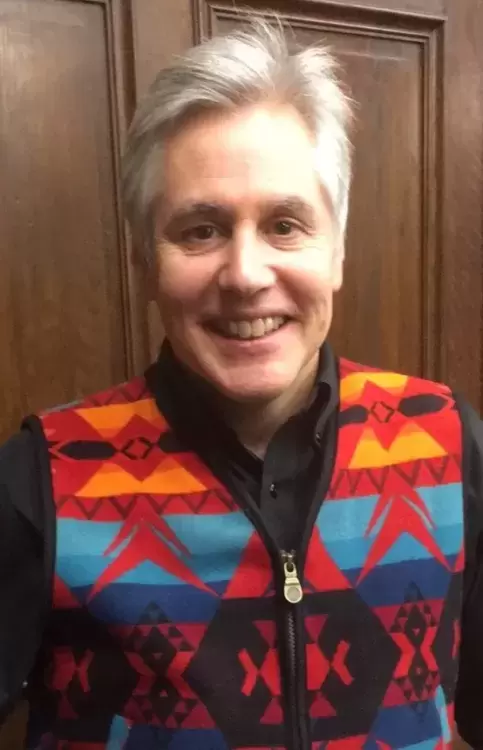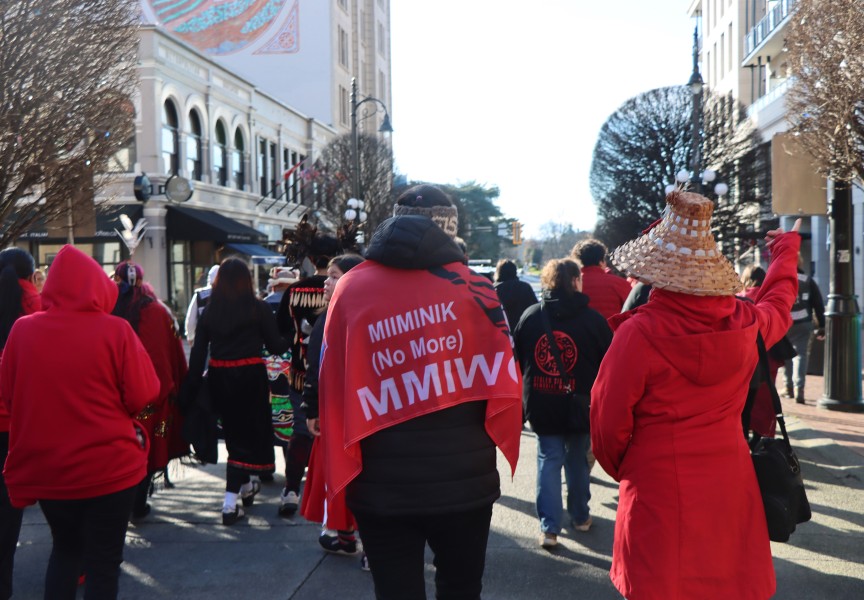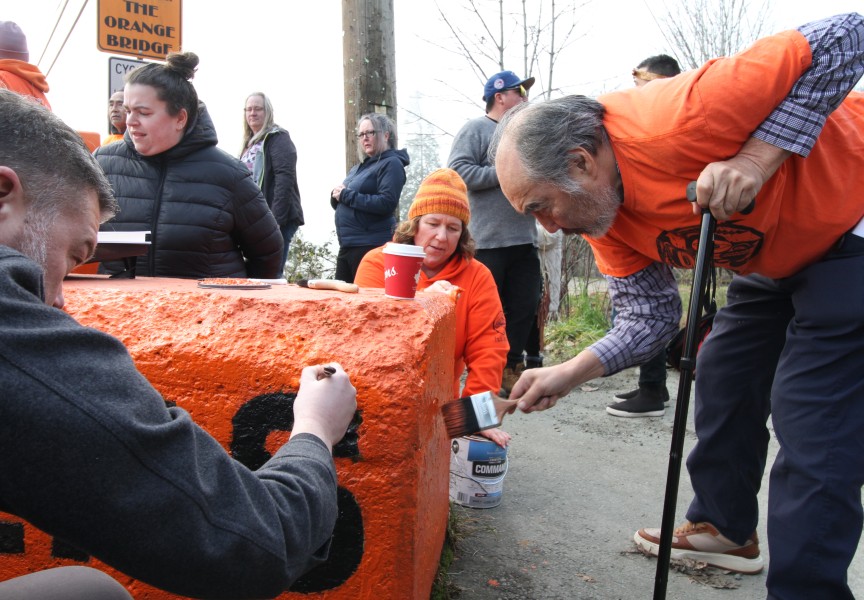Indigenous leaders have reacted with surprise and dismay while cautiously lending support to a draft framework for entrenching Indigenous rights in Canadian law.
Federal Justice Minister David Lametti tabled Bill C-15 in the House of Commons Dec. 3, calling it “a significant step forward on the shared path to reconciliation for Indigenous and non-Indigenous peoples alike.”
“Once passed, this will bring us another step closer to a brighter future for Canada, one where all our children and grandchildren can prosper and thrive,” Lametti said.
The proposed legislation states the Canadian government must ensure its laws are consistent with the UN Declaration on the Rights of Indigenous Peoples (UNDRIP) and must develop an action plan to achieve UNDRIP goals.
Lametti repeated Liberal government promises to work “in full partnership” with First Nations, Inuit and Métis peoples to implement the declaration, but that’s precisely what many felt was lacking in the bill’s development.
Consultation with Indigenous groups was considered insufficient in the drafting of a previous UNDRIP bill presented three years ago by former NDP MP Romeo Saganash. After delays in the Senate, that bill died on the order paper once the 2019 election was called.
Bill C-15, based on the Saganash bill with some refinements, could meet a similar fate. A spring 2021 election that could prevent passage remains a distinct possibility for the minority Liberal government.
Although there was some prior discussion, mutually agreed consultation was absent this time around, said NTC President Judith Sayers. During a recent First Nations Summit, she asked Assembly of First Naions National Chief Perry Bellegarde for an update on the pending legislation and was told the AFN, acting on a motion from regional chiefs, was moving ahead with a technical advisory team. She understood the process was open to comments until Dec. 3 and was surprised to see it tabled that same day.
“Where was the basic foundation of First Nations consultation,” she asked. “I was on Twitter and Facebook saying, ‘Tabled? What?’”
Prime Minister Justin Trudeau’s minority government is seeming to rush ahead with the legislation on a tight political agenda having paid little more than lip service to a commitment he made years ago to First Nations, she believes.
Along with the lack of consultation, Sayers was struck by absence of the word “racism” in the bill, especially at a time of increased social awareness when national figures, including Trudeau, have acknowledged systemic racism exists in federal institutions.
“We have to deal with racism as the core reason for injustices in the system,” Sayers wrote in an analysis published Dec. 4 in the online journal The Tyee. “We cannot ignore racism.”
She also echoes concerns of other Indigenous leaders across the country, including Bellegarde, who questions the three-year time frame assigned to creating a plan for implementation.
“We’ve waited too long already,” Bellegarde said as the bill was tabled. “We don’t want to wait another three years … Canada cannot afford to have that happen again. Systemic racism requires systemic solutions and that’s what the UN declaration provides,” he added. “We have to accept the fact that the status quo is not working.”
Courtenay-Alberni MP Gord Johns said the bill represents the essence of reconciliation.
“As such, it is essential that it be constructed through nation-to-nation collaboration prior to parliamentary approval and Royal Assent,” Johns said.
Until that happens, the process cannot be an excuse to delay action in areas such as safe drinking water, equitable child protection and fair treatment in education, health and justice, he said.
Johns said Lametti and Minister of Crown/Indigenous Relations Carolyn Bennett have reassured MPs there will be additional consultation with Indigenous leaders.
“We have to see what that really looks like,” he said. “We’re going to be advocating for more meaningful consultation as the bill gets debated.”
The Nuu-cha-nulth Tribal Council has long pursued such federal legislation and Saganash began a national tour in Ahousaht with his bill three years ago, Johns noted. Since the Liberals promised the legislation in 2015, they have dragged their feet, he said.
Prof. John Borrows, a UVIC expert in Indigenous law, drew a distinction between the bill’s provincial forerunner, which calls on government to work directly with Indigenous people to create a sector-by-sector agreements that would recognize UNDRIP legislation. Bill C-15, by comparison, is basically a framework for implementation.
“With both measures, what you get is a plan to make a plan,” Borrows said.
While it stands a good chance of passage, the legislation carries little weight until it can be adopted into law and people breathe life into it. That will take time, Borrows said.
“The law is not just a noun, it’s a verb,” Borrows said. “If people pick this up, it bodes well for the future. If that really comes to pass, then this legislation opens doors.”
He also sees value in having federal government and provincial governments on side.
“B.C. is the first jurisdiction in the world to pass this legislation,” he said. “I think that it helps to have federal legislation on point as well. This allows both parties to come to the table.”
Borrows stressed the bill does not grant Indigenous peoples the ability to veto developments, which was a key concern raised by Conservative senators over the Saganash bill.
“A veto is not in the declaration,” Borrows said. “What it means is that they have to consult,” and that “informed consent requires democracy.”
Sayers expects, however, that there will be more debate around the interpretation of free, prior and informed consent, a fundamental principle in upholding Indigenous rights around land and resource development.
“It’s consent and consent means Yes or No,” she said. “It’s going to be a huge debate at some point.”
Both Borrows and Sayers feel the bill does not have sufficient enforcement mechanisms to hold the government to account in the event implementation stalls.
“I would have liked to have seen something a little bit more enforceable to require government to negotiate in good faith,” Borrows said.
“We don’t want the prime minister saying they can’t do anything until they have an action plan in place,” an excuse that’s been used by Premier John Horgan since B.C. passed its UNDRIP legislation, Sayers said. “It’s really frustrating to work with B.C. We need an independent tribunal to make sure that it gets done.”
The bill can still be improved as it makes its way through the legislative process.
“It just depends on how much support we can get to make amendments,” Sayers said. “If it’s done properly, it could change the whole landscape of Canada.”







